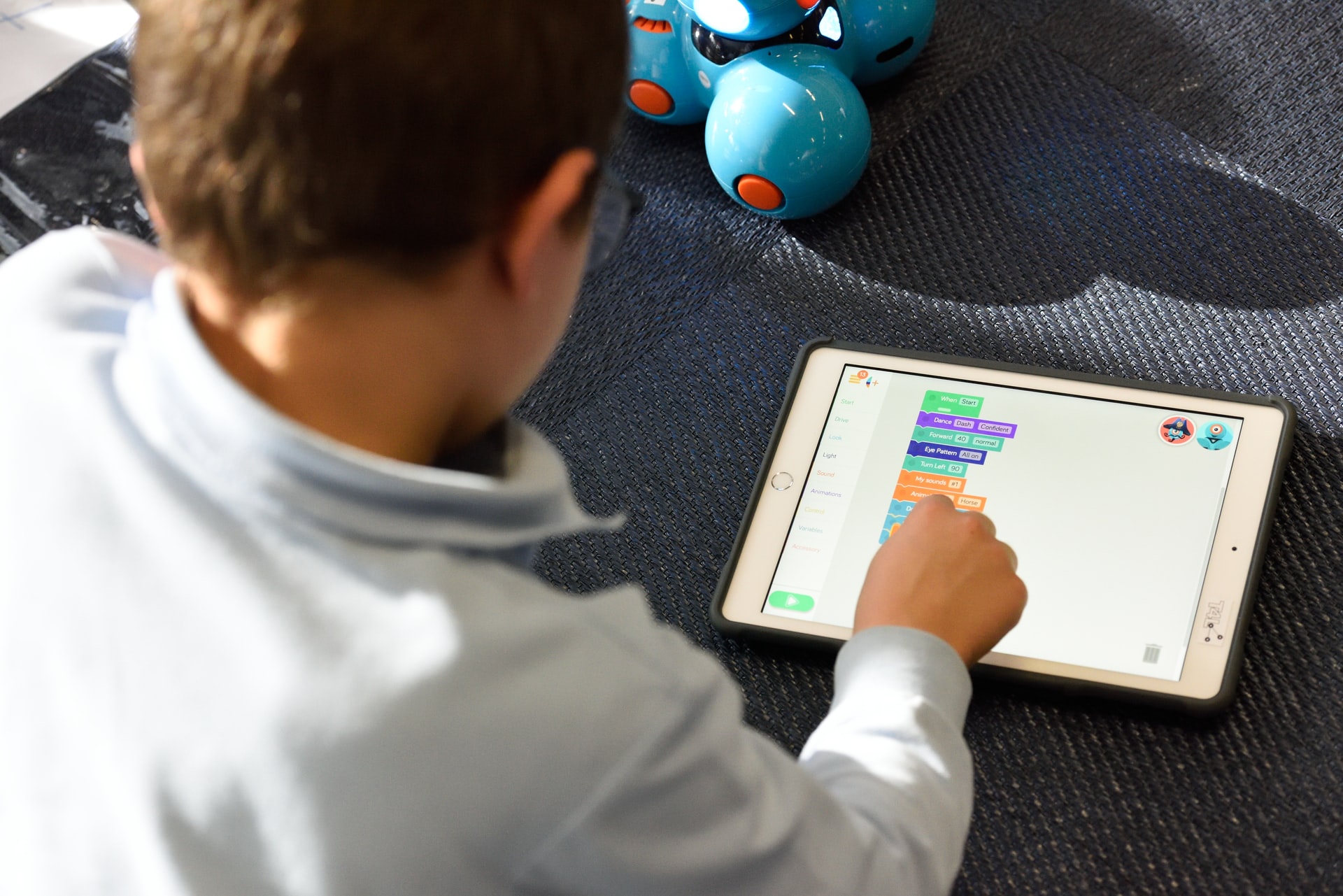Your Kids Should Learn These Manners By Age 10

One of the ways by which you could tell how tolerant children are to the values, cultures, and beliefs of other people around them is the manners they exhibit. When children consistently show good manners in public, it is usually a sign that they come from good homes with great values and fantastic parents who took their time to teach, nurture and guide them to be respectful of other people. In the same vein, when children constantly display rudeness and disrespect for other people’s values and way of life, it is usually seen as a failure of parenting.
This proves parenting plays a huge role in determining whether children will show good or bad manners in their interactions within and outside the home. Here are some important examples of good manners you should teach your children by the time they’re 10 years old:
- Saying/writing thank you when they get gifts: This is very important. Your kids are never too young to know that the proper thing to do or say when they get gifts is by saying thank you or writing a note where necessary.
- Sharing: Let your kids know as early as possible that showing consideration for others is important by encouraging them to share their toys/stuff and other kids.
- Saying please: Saying please when they ask for something is simple politeness. Tell your kids to do this at all times.
- Knocking on doors: Another act that shows politeness is knocking on doors and waiting for a response before entering. This is especially true for bathroom and bedroom doors.
- Following The “Golden Rule”: The Golden Rule is doing to others what you would like to see them reciprocate to you. It is the most important and easiest rule to follow.
- Avoiding bad language: Hearing children use bad or abusive language is a sign of parental neglect. Teach your children to avoid them at all times.
- Observe good table manners at mealtimes: Show good examples of how kids should behave during meals and how to chew, burp and use the utensils properly. It’s never too early.
- Apologize when in the wrong: As soon as they can talk, teach your kids to say sorry genuinely when they do something they ought not to do.
- Little acts of kindness: Like helping their friends up when they fall, holding the door open, being nice and approachable can go a long way.
- Doing things without complaining: A good attitude towards work, especially house chores, is something you should instill in your kids. You can begin by telling them to stop complaining when given a task.
- Be hygienic: Tell your children to imbibe good hygienic practices by telling them to wash their hands before and after meals, after using the toilet, to wash their teeth, and have regular baths. Most importantly, be a good example of these practices.
- Be positive: A positive child will make lots of friends. Tell your kids to maintain positivity at all times.
Remember, it will be considered your fault if you raise kids who are rude, dirty, or behave improperly, especially in public. Thus, you must make it a point of duty to drum these good manners into them as early as possible.






